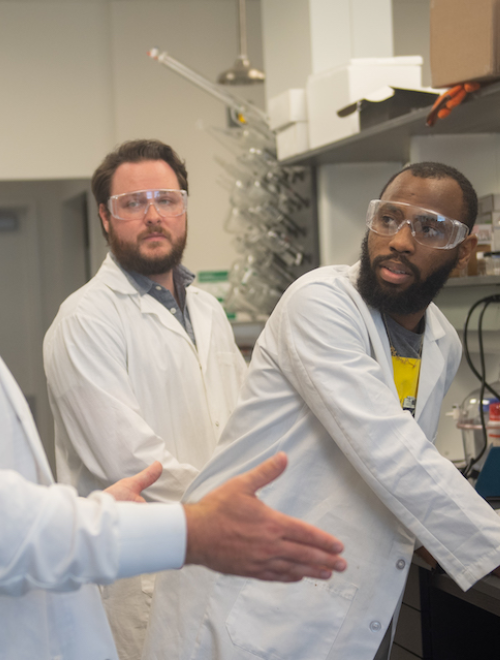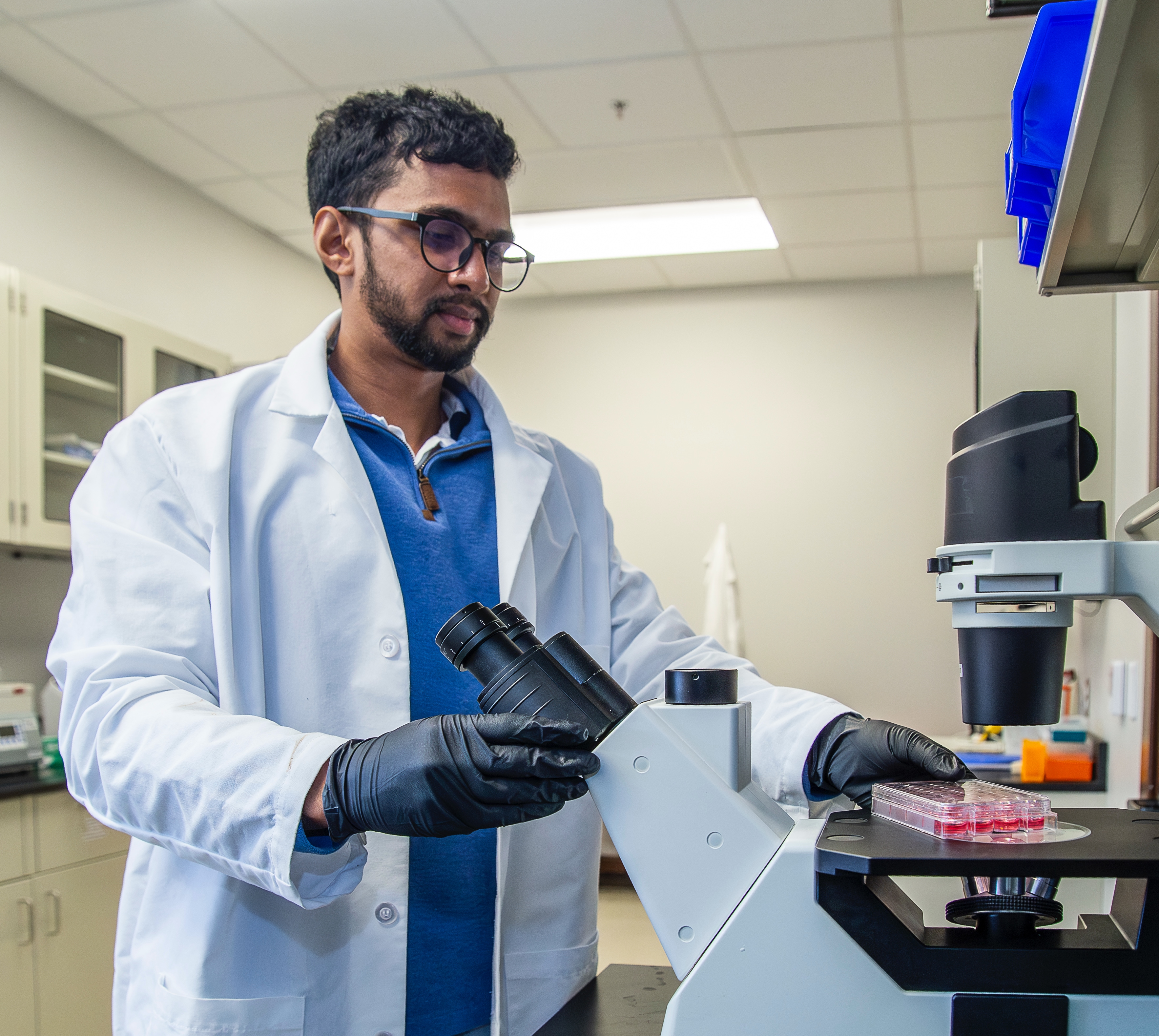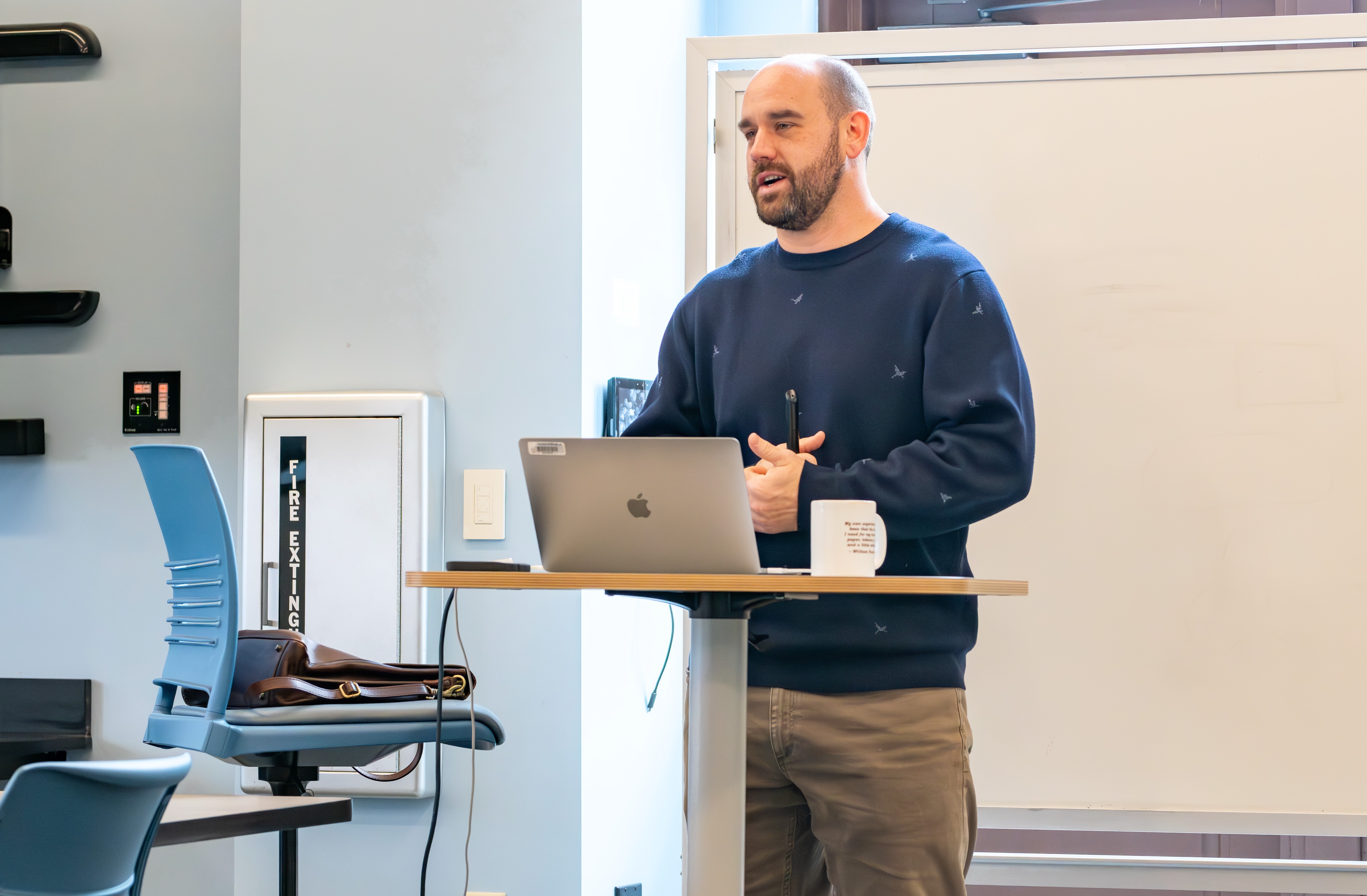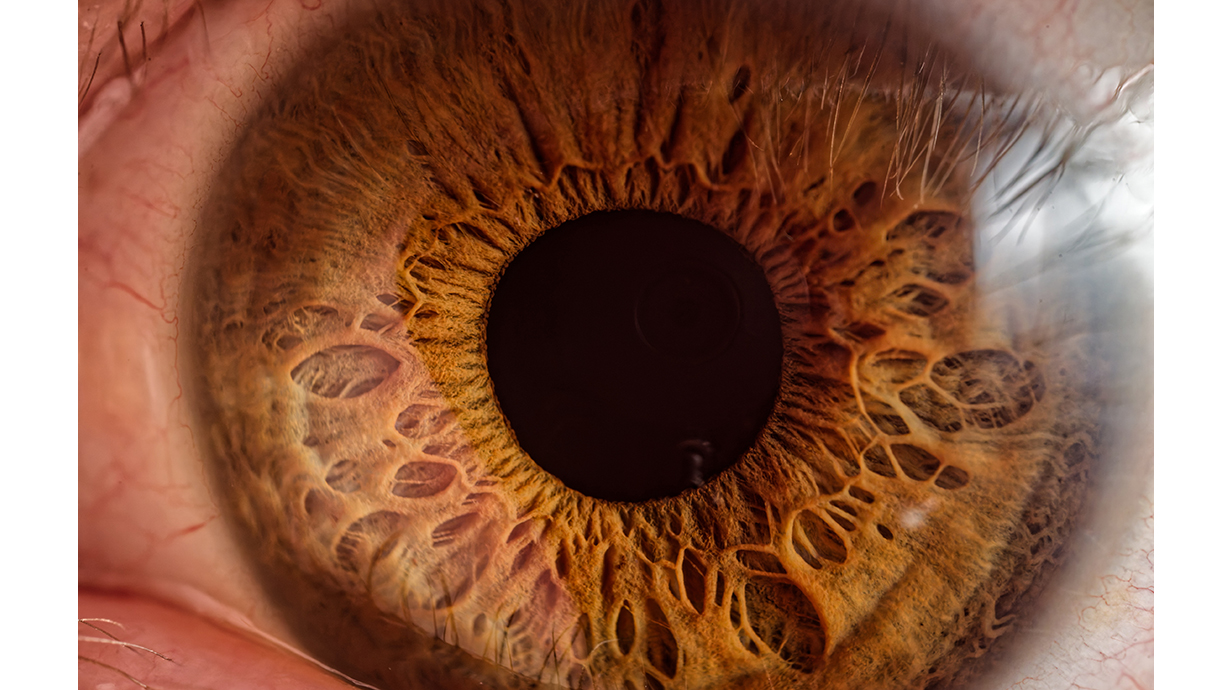Department of Biomedical Engineering
We prepare students for the interdisciplinary world of bioengineering, where technology and medicine meet. Students choose a study track in Biomolecular Engineering, Biomedical Systems, Bioinformatics, or Pre-Med.

Mississippi's First Department of Biomedical Engineering
The Biomedical Engineering program allows students to partner with the University of Mississippi's world-class School of Pharmacy and National Centers for Physical Acoustics and Natural Products Research to help create a dynamic educational experience.
Graduates of the program can enter careers in medical device design, biotechnology, pharmaceutical research and sales, biomedical imaging, and telemedicine, among others. Biomedical Engineering also provides the skills and knowledge needed to pursue a Doctorate of Medicine (M.D.).
Biomedical Engineering students at Mississippi's flagship public university:
- Master a rigorous and challenging curriculum
- Participate in impactful undergraduate research projects
- Capitalize on formative internship and co-op experiences
- Learn the ethical challenges that face 21st century bioengineers
- Develop transferable skills for rapid career advancement
Academic Programs

For Undergraduate Students
Learn more about the Bachelor of Science in Biomedical Engineering.

For Graduate Students
Learn more about the M.S. or Ph.D. in Engineering Science with an emphasis in Biomedical Engineering.
-

Meet the Biomedical Engineering Faculty
Meet the dedicated faculty guiding and inspiring students in the Department of Biomedical Engineering.
View All Faculty -
Help Support Biomedical Engineering at Ole Miss
If you'd like to support the department in its work, please consider a tax deductible donation through the University of Mississippi Foundation.
Donate Now
Latest News

OXFORD, Miss. – One of the world's leading causes of irreversible vision loss could begin with elevated eye pressure, according to a recent study published in the American Academy of Ophthalmology.
-
Honors & Awards / Student News / Research News
